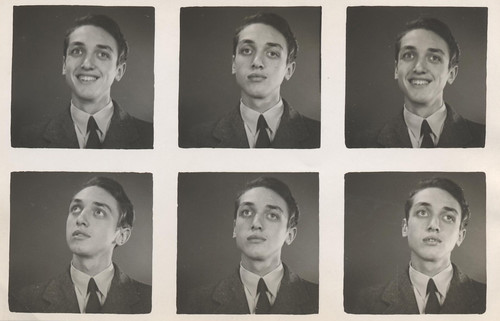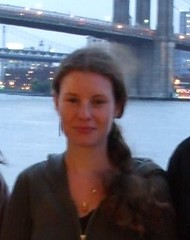Happy New Term! And with it comes new training workshops from the Library.
Last year, in the Autumn Term we saw 6547 students – that’s equivalent to all of the students in the Arts and Sciences faculties put together!
We’ve had some really nice and positive feedback on our sessions too…
[I] would definitely like to attend more of these workshops after attending this one
[The Librarian] who gave the workshop was very articulate, concise and knowledgeable.
this course showed me how to navigate [the Library website] efficiently to get to the parts that I need.
I thought everything we covered was of use.
But that’s not all – we’re always looking to improve the workshops, so we’re keen to hear suggestions for more sessions, or changes we can make too.
I would be interested in attending a workshop on the more advanced features of EndNote.
So the workshops are great, but what’s on offer this term? All of our training can be found on the Training page of your subject guide, and you will need to register to attend (but this is free and easy to do – email us if you have any trouble).
Working on a dissertation or essay? Come to our Search Our Stuff and Find It Faster workshops on 17th and 26th February and practice search techniques.
New to referencing and bibliographies? RefWorks is a great resource for undergraduates, and EndNote is a powerful postgraduate referencing tool – come along on 28th January or 5th February to find out more. And if you’re already using RefWorks, but have questions, come to our Question and answer session on 11th March.
If you’ve only got half an hour to spare, or think RefWorks and EndNote aren’t for you, come to Bedford Library on 3rd March and get acquainted with free Zotero referencing. Researchers might find our half hour session on social referencing site Mendeley useful too.
Every Tuesday throughout Spring Term, Bedford Library room 2-03 hosts our Bitesize, subject specific workshops.
- Using Primary Sources for Classicists and Historians
- Easy Encyclopedia – Using Credo Reference Online
- Literature Online for English Students
- Introduction to Using Digimap (for Geographers and Earth Scientists)
Something missing? Send an email to library@rhul.ac.uk and request a session!

















